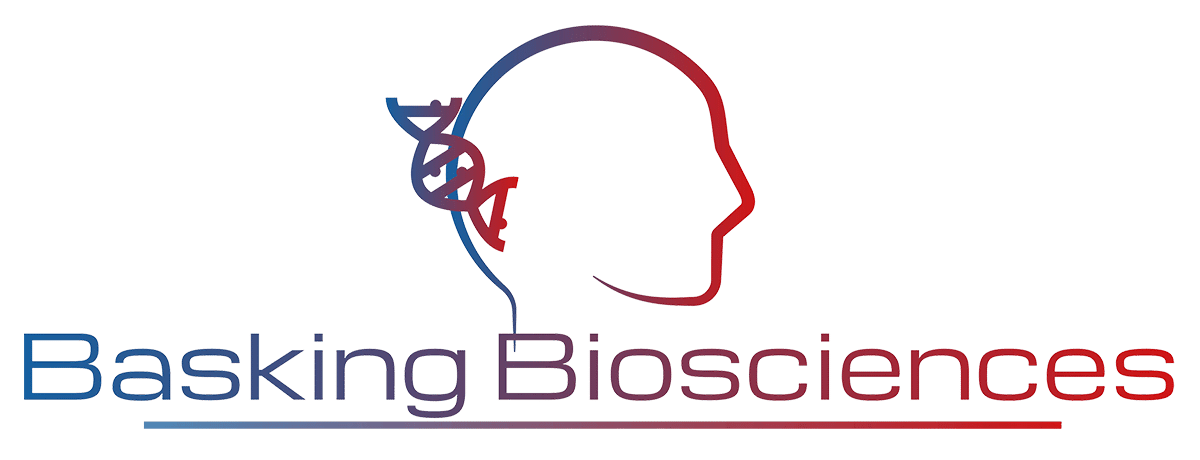Financing will fund upcoming Phase 2 trial of BB-031, a first-in-class RNA aptamer targeting von Willebrand Factor (vWF) in development to treat acute ischemic stroke
Financing was led by ARCH Venture Partners
Columbus, Ohio – Jan. 30, 2024 – Basking Biosciences (Basking), a clinical-stage biopharmaceutical company developing a novel acute thrombolytic therapy to treat stroke, today announced the close of a $55 million financing. New investor ARCH Venture Partners led the round, with participation from additional new investors Insight Partners, Platanus, Solas BioVentures and RTW Investments, as well as existing investors Longview Ventures, Rev1 Ventures and The Ohio State University. Steven Gillis, Ph.D., Managing Director of ARCH Venture Partners will serve as Chairman of Basking’s Board of Directors.
“With the support and funding from our outstanding syndicate of life science investors, alongside the deep expertise of our Scientific and Clinical Advisory Board, we are eager to advance our innovative pipeline and improve patient outcomes,” said Richard Shea, Chief Executive Officer of Basking.
Basking will utilize the proceeds to accelerate clinical development of BB-031, a first-in-class, reversible RNA aptamer targeting von Willebrand Factor (vWF), engineered for rapid onset and short duration of effect. In 2023, the company announced positive Phase 1 results demonstrating the safety and tolerability of BB-031 with no serious adverse events reported, and dose-dependent inhibition of vWF. Basking will initiate a Phase 2 proof-of-concept trial, the RAISE trial, in patients with acute ischemic stroke (AIS) in 2024.
“Many ischemic stroke patients have no acute therapeutic option available and there is an ongoing need for innovative new approaches to expand treatment success,” commented Michael Hill, M.D., Professor for the Departments of Clinical Neurosciences, Community Health Sciences, Medicine and Radiology at the University of Calgary and Foothills Medical Centre. “We look forward to evaluating BB-031’s potential to improve outcomes in the RAISE study.”
In addition to the RAISE trial, Basking will use the funds to advance BB-025, a complementary rapid-acting reversal oligonucleotide capable of quickly neutralizing the pharmacological activity of BB-031, through a Phase 1 clinical program.
“BB-031 is designed to be safer and more effective than available treatments and to effectively resolve thrombosis beyond the limited therapeutic window of the currently available pharmacological option,” said Shahid M. Nimjee, M.D., Ph.D., co-founder and Chief Medical Officer of Basking, and Professor of Neurosurgery and Surgical Director of the Comprehensive Stroke Center at The Ohio State University Wexner Medical Center.
Basking’s development program is based on two decades of translational research on RNA aptamers as therapeutic agents for cardiovascular diseases in the lab of Dr. Bruce Sullenger, Ph.D., co-founder and scientific advisor of Basking, a Joseph W. And Dorothy W. Beard Distinguished Professor of Experimental Surgery, and the Director of the Duke Center for Translational Research.
About Acute Ischemic Stroke
Acute Ischemic Stroke (AIS) is the leading cause of combined mortality and morbidity worldwide, and 87% of all strokes are ischemic. According to WHO, 15 million people suffer strokes each year, leading to more than 5 million deaths. Global incidence is rising with aging populations. In high-income countries alone, annual direct stroke-related medical costs plus indirect costs due to premature mortality and loss of productivity are projected to exceed $826 billion by 2050. While intravenous recombinant tissue plasminogen activator (rtPA) and endovascular mechanical thrombectomy are available to treat acute ischemic stroke, both treatments are limited by time and clot location respectively, leaving almost 85% of patients without any acute intervention.
About Basking Biosciences
Basking Biosciences, a clinical-stage biopharmaceutical company, was founded to solve the biggest need in acute thrombosis – for a rapid-onset, short-acting thrombolytic drug capable of reopening blocked arteries, and whose activity can be quickly reversed in the event of a bleeding complication. Leveraging RNA aptamer technology, our lead drug candidate, BB-031, targets von Willebrand Factor (vWF), an important structural component of blood clots and driver of the clotting process, and is designed to be safer, more effective, and able to greatly expand the population receiving acute revascularization therapy.
For more information, visit BaskingBiosciences.com.
Contact:
Susan Sharpe
Linnden Communications
susan@linndencom.com
